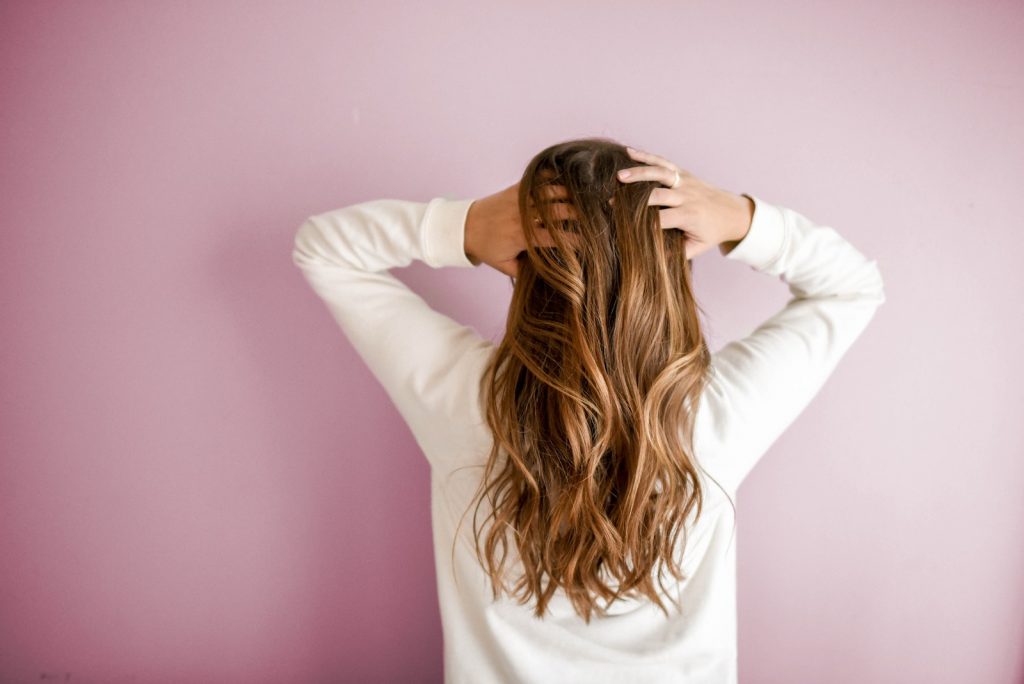Monsoons are the most dreaded season in India. The weather gets extreme and people have to spend their entire day indoors. During this time, many people experience hair fall and dandruff. Here are some reasons why you may be experiencing hair loss during monsoons:
Hair fall and hair loss are common in monsoon as the scalp becomes oily and damp, causing dirt to settle and collect.
In the monsoon, you might notice that your hair is falling out. You could be losing a few strands each day or even more than that. This can be caused by a number of things:
- The scalp becomes oily and damp, causing dirt to settle and collect.
- The hair becomes dull and lifeless.
- The scalp becomes dry from lack of water (which can also cause dandruff). If you have dry skin on top of this problem then it’s even worse!
This happens when there isn’t enough moisture in the air so our bodies produce more oil than usual which helps keep us warm but also makes our scalps more susceptible to damage when they’re exposed to high temperatures like those found during monsoons
There are many ways to prevent hair loss during monsoon season including using shampoo that is suited to your needs, conditioning regularly with conditioner or oil after washing off all dirt and product buildup on your scalp, using a moisturizer that contains ingredients like glycerin and lanolin which help keep moisture locked in while preventing frizziness caused by humidity.
Excessive moisture can make hair frizzy, frizz can cause breakage.
The first thing to remember is that over-moisturizing can cause frizz, which leads to breakage. When you have dry hair, the moisture in your strands is locked up inside of them and won’t be able to escape easily. When you apply too much product or water (or both), it causes these strands to become very swollen—which makes them more likely to snap when they’re stretched out by combing or brushing through them.
If you find your hair breaking off more often than normal lately, try switching up your regimen: Don’t use shampoo twice a day; try washing only once every two days instead! Also give yourself time after showering before styling; don’t go right into blow drying or curling irons!
The rain water carries heavy metals like lead and arsenic. These settle on your hair making them dry, rough and dull.
You might be wondering why your hair is falling out. The rain water carries heavy metals like lead and arsenic. These settle on your hair making them dry, rough and dull.
Heavy metals can cause hair fall as well as breakage or dandruff.
The dust from the pollution clogs the follicles and prevents proper blood circulation causing poor growth of hair.
The hairs that are affected by this problem will be affected by their environment, which means that they will have a hard time growing at all if they don’t get enough nutrients or water in them. As a result, these hairs become brittle and break easily when you touch them or brush against them too much.
They also tend to fall out more easily because they no longer have any support from each other when they grow outwards (which happens more often).
Unhealthy eating habits contribute to hair fall, lack of essential nutrients causes breakage.
- Sugar is bad for your health. It causes inflammation in the body and can lead to other problems like diabetes and heart disease.
- Salt is also bad for you because it can make you retain water, which means more weight gain and more stress on your body that could cause more breakage in your hair follicles.
- Fried food contains a lot of oil, which makes it hard for your scalp to produce enough oils to protect itself from dryness or damage caused by frying temperatures (i.e., frying at high temperatures). This means more frizzy hairstyles if not properly washed off before drying out!
Hormonal imbalance is a common issue during monsoons which leads to excessive Hairfall. Do consult your doctor if you’re facing this issue during monsoons. Excessive hair fall can be a sign of an underlying health condition, low iron levels or hormone imbalances and it is advisable to visit a dermatologist for further evaluation.
Monsoons can be the cause of dandruff too! It’s important to keep your scalp healthy and clean to prevent dandruff.
Dandruff is caused by excessive oil on the scalp, which attracts Malassezia, a fungus that thrives in warm, moist environments (like hot showers). Because it’s so common for people with dry skin conditions like eczema or psoriasis to have more moisture on their scalps than normal people do, this can make them more susceptible to getting dandruff.
A condition known as seborrheic dermatitis causes excess oil production from within pores in your skin’s surface layers—it’s this extra oil that attracts Malassezia bacteria into those same areas where no glands are producing natural oils for lubrication purposes!
Take care of your diet and scalp this season!
Your diet is important for hair growth, and you should be eating a balanced diet that includes plenty of fruits and vegetables. Avoid junk food, processed foods, and refined sugars like those found in soda or candy. Instead you should focus on eating more protein-rich foods like fish or meat—or even just eggs!
Try to eat iron-rich foods such as spinach or beans every day so that your body can produce enough hemoglobin (the substance responsible for carrying oxygen around the body). Zinc deficiency can cause hair loss in men by interfering with testosterone production; therefore it’s important that they get zinc supplements too if they have low levels of this mineral.
Conclusion
We hope that this article has been helpful to you in understanding why your hair may be falling out, what can cause it and how to prevent it. Remember that there are many factors that can affect your hair, so remember to keep up with a healthy diet and regularly visit a professional if you’re experiencing any problems with your hair.







